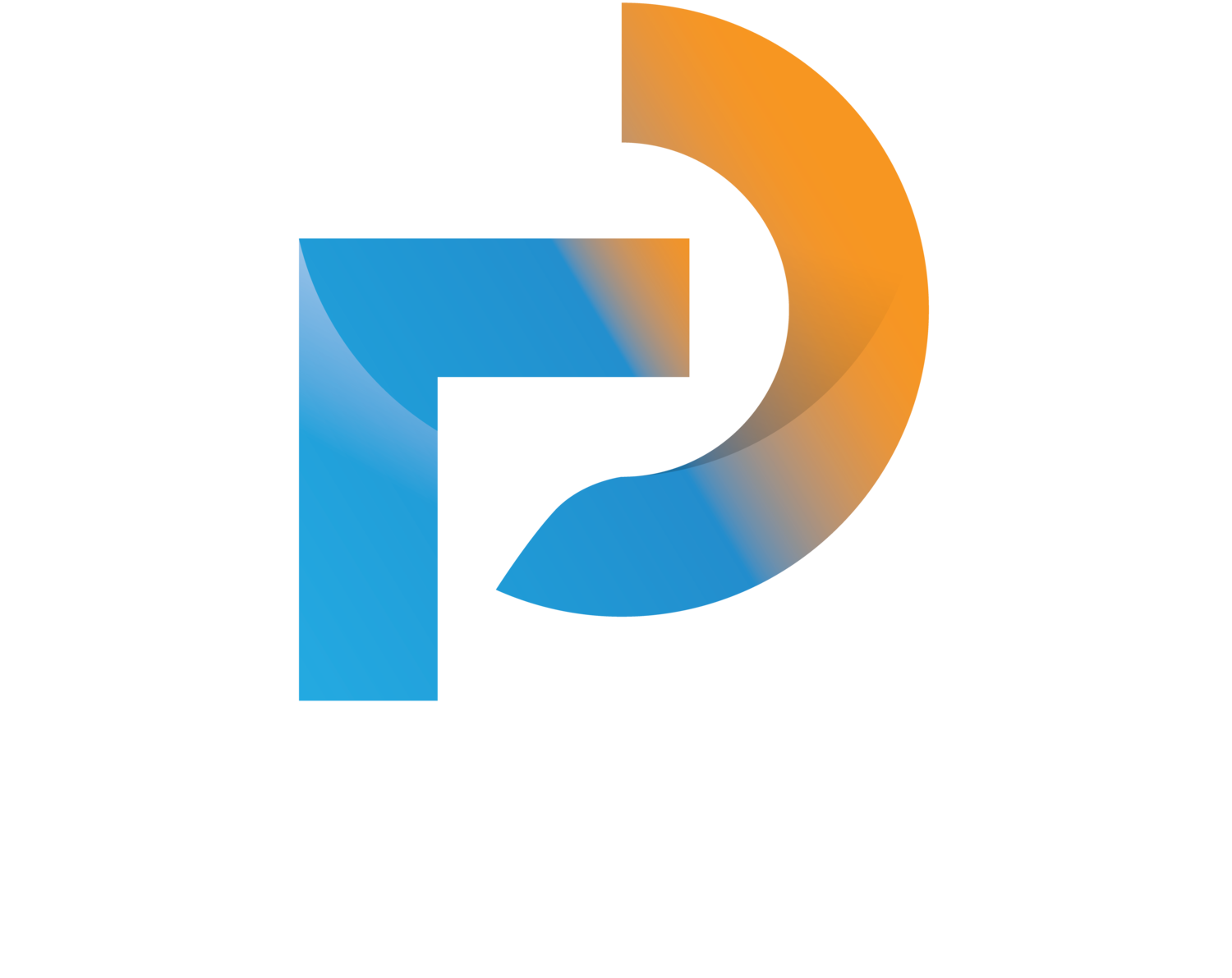What is Physiotherapy?
Physiotherapy targets impairment to restore an individual’s physical function and enable them to return to their social role. Physiotherapists serve anyone from infants to seniors. They may be sited in intensive care units, hospital wards, clinics or at home. Heart-lung issues, neurological conditions like stroke, musculoskeletal problems like neck or back pain, and even cancer rehabilitation are among the typical conditions for which people need physiotherapy. (mosAIC, Nov 2019)
Commonly misinterpreted as a quick-fix for pain or disability, physiotherapy can do way more for people than most are aware of.
There are 3 main types of physiotherapy:
Musculoskeletal physiotherapy
Cardiopulmonary physiotherapy
Neurological physiotherapy
Physiotherapists serve all ages of patients. We categorize the different age groups as:
Paediatric (under 12 years of age)
Adults
Geriatric (above 65 years of age, depending on societal demographics)
We will now expand on the descriptions of each category of physiotherapy to help you understand our work better.
Musculoskeletal physiotherapy is the most common type of physiotherapy known to the public. Areas of specialization within this category include: sports physiotherapy, orthopaedic/post-surgical physiotherapy, chronic pain management, spine and peripheral physiotherapy, women’s and men’s health physiotherapy, pre/post-natal physiotherapy, etc. Musculoskeletal physiotherapists use a myriad of tools to help their clients overcome pain and disability. Some of these tools include soft tissue manipulation techniques involving manual skills, machines or instruments, exercise prescription for movement re-education or strengthening or mobility, sports taping, joint manipulation, nerve stimulation and more.
While this category of physiotherapy is more often glorified in the sporting scene, it can also do magic for the geriatric and paediatric population. Conditions that are commonly treated by physiotherapists in this category include: joint and nerve injuries (e.g. osteoarthritis, slipped disc, sciatica, shoulder impingement, neck pain, shoulder dislocations, ankle sprains, etc), falls prevention in the elderly, muscle strains/tears (e.g. hamstring pulls, groin strains, incomplete bicep tears), frailty (e.g. cancer rehabilitation, sarcopenia). The list goes on…
Cardiopulmonary physiotherapy is most commonly seen in the hospital setting where physiotherapists are involved in returning function to a patient who has been bed-bound and gravely ill. These physiotherapists work hard and meticulously in the intesive care unit, general ward and outpatient setting until a patient is stabilized and can return to a ‘normal’ life of independence. Common conditions that require cardiopulmonary physiotherapy include: heart disease, lung disease, kidney impairment, post-surgery involving vital organs (e.g. post organ transplant or gastrectomy) and more.
Cardiopulmonary physiotherapists also work in the community setting. Most of them are present in community hospitals where step-down care is needed before the patient is able to be independent again. The use of gym equipment is common with important close monitoring of vital signs (heart rate, blood pressure, etc) while the physiotherapist facilitates the patient back into a state of strength and endurance. As pushing a patient too hard or too little while training can result in detrimental effects, these ‘gym training’ sessions are definitely not as simple as they look!
Every cardiopulmonary physiotherapist has to be well-versed in the different types of cardiopulmonary illnesses that humans can present with and understand how that can affect their strength, mobility and endurance - eventually affecting their lives. In spite of this, these physiotherapists are able to help their clients achieve the best possible quality of life through exercise, chest physiotherapy and sustainable lifestyle modifications.
Neurological physiotherapy involves rehabilitation for those who have disability arising from nerve and brain-related disease. Neurological physiotherapists commonly work in the outpatient and community setting in a long-term manner with their clients as most of these conditions that afflict their clients do not resolve as fast as other conditions. Conditions that fall under the neurological category include: stroke, Parkinsonism, dementia, cerebral palsy, diabetic neuropathy, Down’s syndrome, motor neuron disease, etc.
Some of these conditions result in permanent disability. Neurological physiotherapists are trained to maximise the quality of life and fitness levels of their clients in spite of the terminal and progressive nature of certain diseases that their clients present with. These physiotherapists use a unique set of skills to help their clients regain movement, strength and balance - eventually leading them to achieve the best possible version of themselves.
Besides working with clients, physiotherapists commonly work with caregivers and even employers. This can come in the form of caregiver training for clients who need long-term assistance or workplace ergonomic advise. As long as there are humans, there is a need for physiotherapists!
In a world where many suffer and fear disease and disability, physiotherapists will always see the light and be that beacon of hope for all their clients, regardless of what kind of injury or disease you have.
We are here to help, always!
Contact us at ask@physiotherabeat.com or via Whatsapp +65 83220284 for further enquiries.








